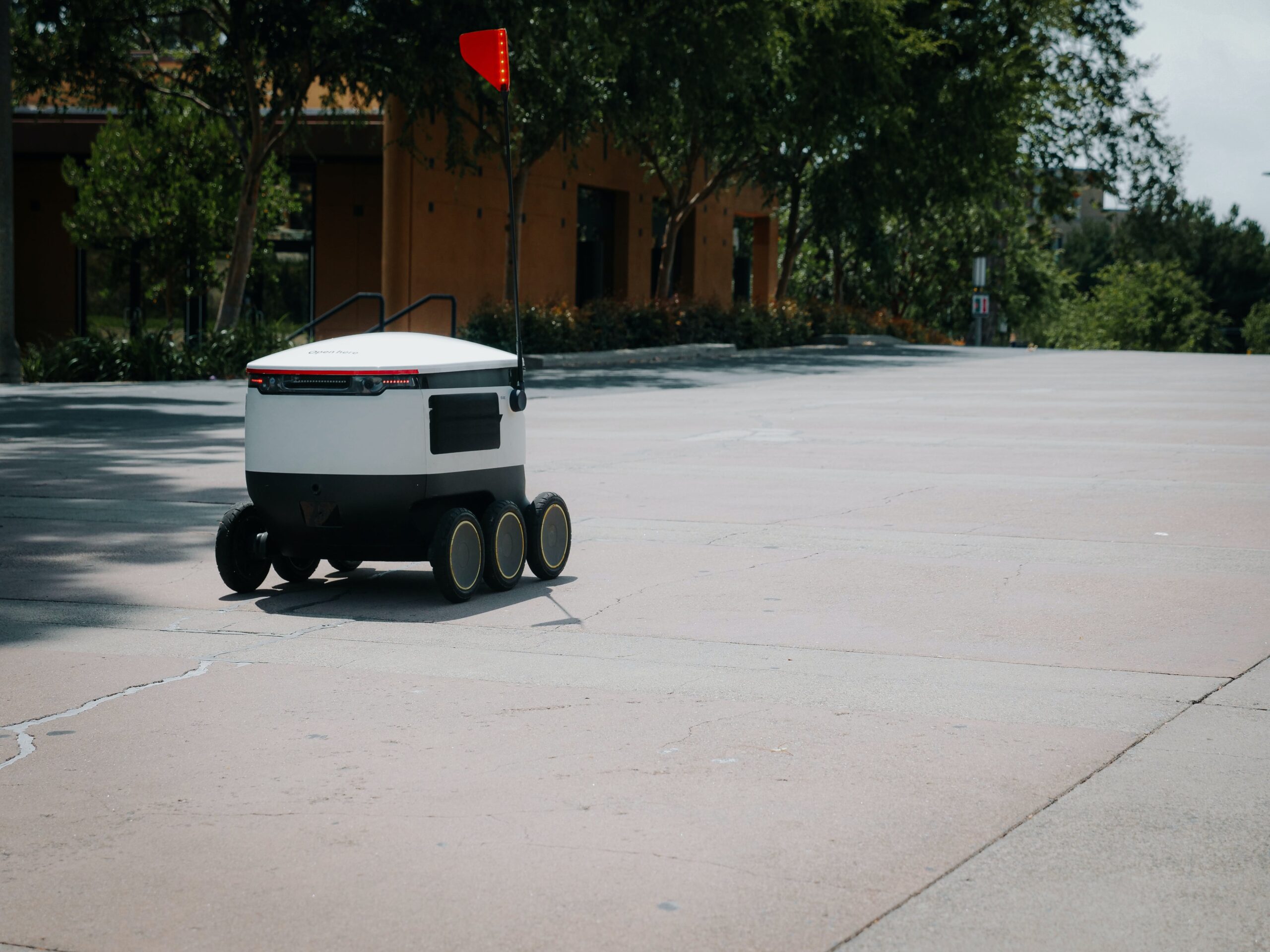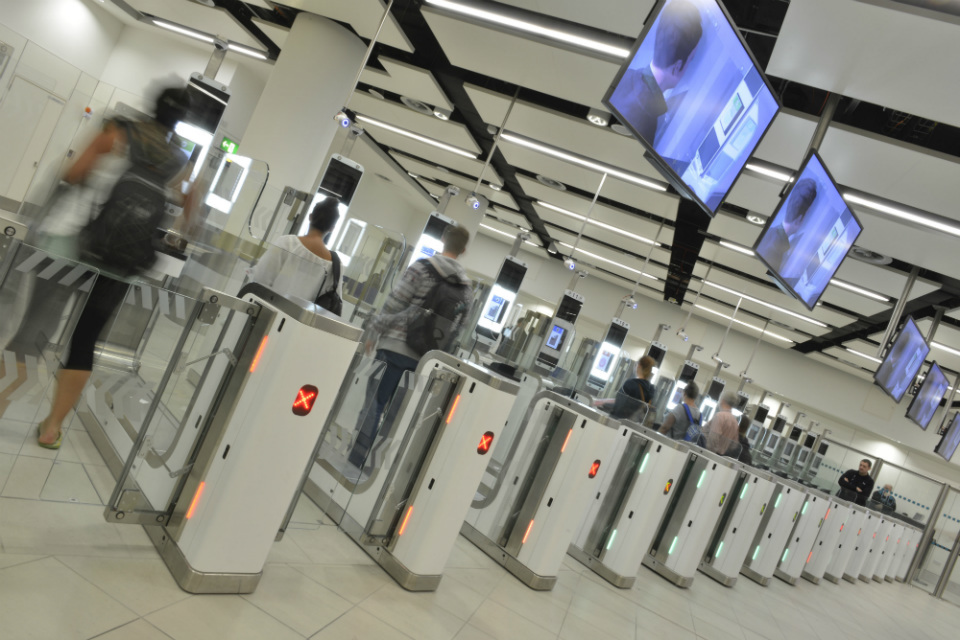Minister indicates that department wishes to better understand the potential benefits of ‘autonomous pavement delivery robots’ – while also ensuring that the safety of pedestrians and road users is not compromised
The Department for Transport is to put funding into undertaking research into what the dawn of “autonomous pavement delivery robots” may mean for UK citizens and organisations.
Jesse Norman, a technology minister at the DfT, indicated that the department recognises that such technology may provide benefits – while also creating potential additional risks for existing users of UK pavements and roads.
In a recent written parliamentary question, the minister was asked by fellow Conservative MP Ben Everitt whether the DfT plans to “take steps to support the adoption of autonomous pavement delivery robots”.
In response, Norman said: “We must balance the safety of pedestrians and vulnerable road users with the potential benefits of this novel technology. I am pleased to confirm that the Department will be funding research to further its understanding of the impacts of this new technology. The results will be published once the research has concluded.”
Related content
- Robot submarine used to assess decommissioned oil fields
- Humanoid robot gives evidence to parliamentary committee
- Lasers and robots receive funding in anti-graffiti drive
Everitt has previously spoken in parliament of his support for the use of automated delivery bots. He serves as an MP in Milton Keynes – a town that was one of the first in the UK to enable the use of the devices.
In a Westminster Hall debate earlier this year, Everitt said: “If we roll forward 20, 30 or 40 years, autonomous delivery robots will be all over. They will be in our homes, in our streets, online and so on—robots everywhere, in all aspects of our lives.”
However, other contributors to the debate raised potential issues of legality, with SNP MP and Transport Committee member Gavin Newlands claiming that senior managers from tech firm Starship – whose delivery devices operate in Milton Keynes and a growing number of UK cities – had “admitted to the committee that they were ‘operating in a grey area’.”
“As with bikes and e-scooters, it is unclear whether it is legal for the robots to be on the pavements rather than the road,” Newlands added. “We are still grappling with the legal framework for electric scooters, and the mood music about a future transport Bill suggests that their regulation, or otherwise, will have to wait until after the general election. If autonomous deliveries are to become the norm—that may or may not be the case—they will need a clear regulatory and legislative footing that ensures that they are subject to clear restrictions and licensing.”




